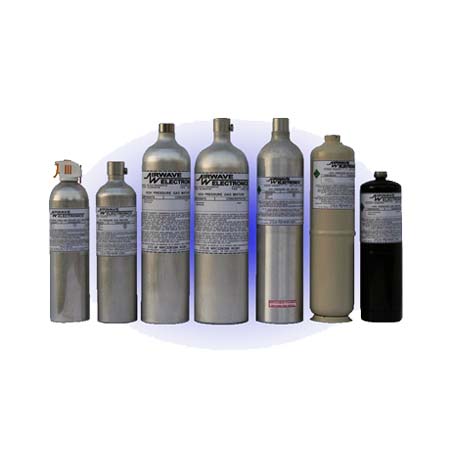Carbon Monoxide Calibration Gas
Home | Calibration Gases | Carbon Monoxide Calibration Gas
Carbon Monoxide Calibration Gas
Fast delivery and value with the most competitive pricing for Carbon Monoxide Calibration Gas from Canada. Choose from a range of cylinder sizes, including 17, 34, 58, 76, and 116 L.

H2S Calibration Gas Cylinder sizes:
- 11 litre Bump aerosol with trigger for bump testing
- 17 litre Non-reactive gases
- 34 litre Reactive/Non-reactive gases
- 58 litre Reactive gases
- 74 litre Reactive gases
- 103 litre Non-reactive gases
Calsmart™ – Refillable Cylinder for Calibration Gases
The Calsmart™ 116-litre refillable cylinder provides an economical and environmentally conscientious alternative to the disposable cylinders of its class. The Calsmart™ delivers twice the volume of gas as do disposable cylinders, and its portability allows it to fit easily into standard carrying cases. These cylinders accommodate both pure and mixed gases to fit a variety of needs. The efficiency and economical benefits of this refillable cylinder will appeal to the “smart” buyer interested in growing their company’s operations.
Disposable Cylinders for Calibration Gases
Airwave Electronics provides disposable cylinders of a full range of calibration gases that are compatible with a wide variety of gas detection equipment. Applications include monitoring industrial workplaces, medical laboratories, industrial hygiene and environmental assessments.
How to Calibrate a Carbon Monoxide detector with CO (Carbon Monoxide) Gas.
